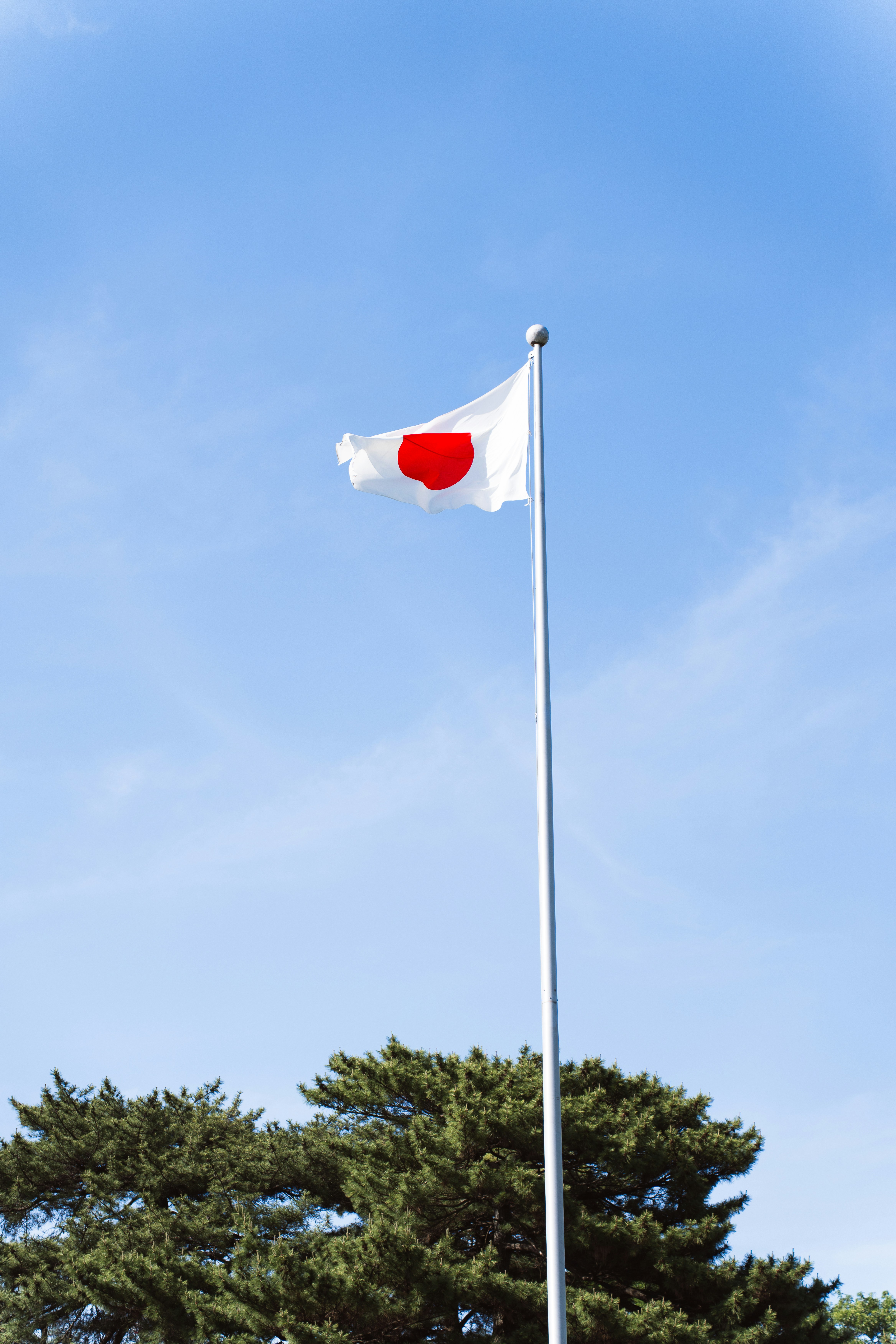Inflation Target In Sight: Bank Of Japan Raises Interest Rates

The Bank of Japan has announced an increase in its key interest rate from the previous range of 0-0.1% to 0.25%. This decision marks only the second time the central bank has raised rates since 2007, reflecting a significant shift in its monetary policy. The rate hike is part of the BOJ's strategy to stabilize inflation around its 2% target in the coming years, signaling a new phase in Japan's economic management.
Background
Japan's interest rates have remained exceptionally low for decades, a response to persistent deflationary pressures and sluggish economic growth. The last significant rate hike by the BOJ occurred in 2007, before the global financial crisis necessitated a return to near-zero rates. Throughout the intervening years, Japan has struggled with economic stagnation, prompting the central bank to maintain an accommodative monetary policy.
Currently, the global economic environment is characterized by rising interest rates as central banks worldwide combat inflation. However, Japan has been an outlier, maintaining ultra-low rates to stimulate growth. The BOJ's recent decision to raise rates reflects an improved economic outlook and a shift towards normalizing monetary policy.
Details of the Rate Hike
The Bank of Japan's new key interest rate is set at 0.25%, up from the previous range of 0-0.1%. This increase is a strategic move aimed at stabilizing inflation around the 2% target in the coming years. The BOJ's decision is based on forecasts that suggest inflation will hover close to this target, indicating a more favorable economic outlook.
Statements from BOJ Officials
BOJ Governor Haruhiko Kuroda emphasized that the rate hike was driven by stronger economic data and the need to maintain stable inflation expectations. He stated, "The rate increase is a strategic decision aimed at supporting the ongoing economic recovery and ensuring inflation remains within the desired range." Kuroda's comments reflect the central bank's cautious optimism about the economy's resilience and its ability to manage inflation.
Economic Implications
The rate hike is expected to influence various sectors of the Japanese economy. Higher interest rates typically lead to increased borrowing costs, which can affect consumer spending and corporate investment. While this adjustment may lead to more cautious spending, the BOJ believes that the economy is strong enough to absorb these changes without significant disruption.
Potential challenges include managing the increased borrowing costs and ensuring that economic growth remains steady. However, the central bank's confidence in the economy's resilience suggests that these challenges can be mitigated.
Market Reactions
Financial markets have responded cautiously to the BOJ's announcement. Analysts have expressed mixed views, with some concerned about the potential impact on economic growth and others viewing the rate hike as a necessary step towards normalizing monetary policy. The BOJ's future policy direction remains uncertain, but the central bank has indicated that it will continue to monitor economic conditions closely and make further adjustments as needed.
Future Outlook
Looking ahead, the Bank of Japan plans to closely monitor economic conditions to balance growth support and inflation control. The central bank has signaled that it will proceed with caution, ready to adjust policies as needed to ensure economic stability. The long-term expectations for Japan's economy are cautiously optimistic, with the rate hike seen as a critical step towards achieving sustainable growth and stable inflation.
Conclusion
The Bank of Japan's decision to raise interest rates underscores its commitment to achieving its inflation target and reflects a more positive economic outlook. This move marks a significant milestone in Japan's monetary policy, indicating a shift towards normalization after years of ultra-low rates. As the BOJ continues to navigate the complexities of economic management, its cautious optimism and strategic decisions will play a crucial role in shaping Japan's economic future.
Author: Ricardo Goulart
The Self-Destructive Nature Of Anti-Tourism Protests: Balancing Resident Concerns With Tourism Benefits
In recent years, anti-tourism protests have become increasingly common across popular tourist destinations. From the Bal... Read more
Military And Strategic Implications Of The Ukrainian Drone Attack In Kursk
On a recent morning, the Kursk region in south-western Russia witnessed an unexpected and significant event: a Ukrainian... Read more
Chinese Tech Stocks Gain Ground Despite Wall Street Technology Sell-Off
Chinese tech shares in Hong Kong gained on Friday, defying a technology stock sell-off on Wall Street, driven by strong ... Read more
Defense Pact Between Britain And Germany: A Focus On Cybersecurity And Joint Operations
In a move set to redefine European defense collaboration, Britain and Germany have signed a comprehensive defense pact a... Read more
US Secret Service Director Steps Down After Trump Assassination Attempt
Security lapses admitted by Kimberly Cheatle prompt resignation.Kimberly Cheatle, the head of the US Secret Service, has... Read more
Kamala Harris Promises A Brighter Future In Official Campaign Launch
In a vibrant and impassioned campaign launch, Vice President Kamala Harris vowed to lead America toward a "brighter futu... Read more

